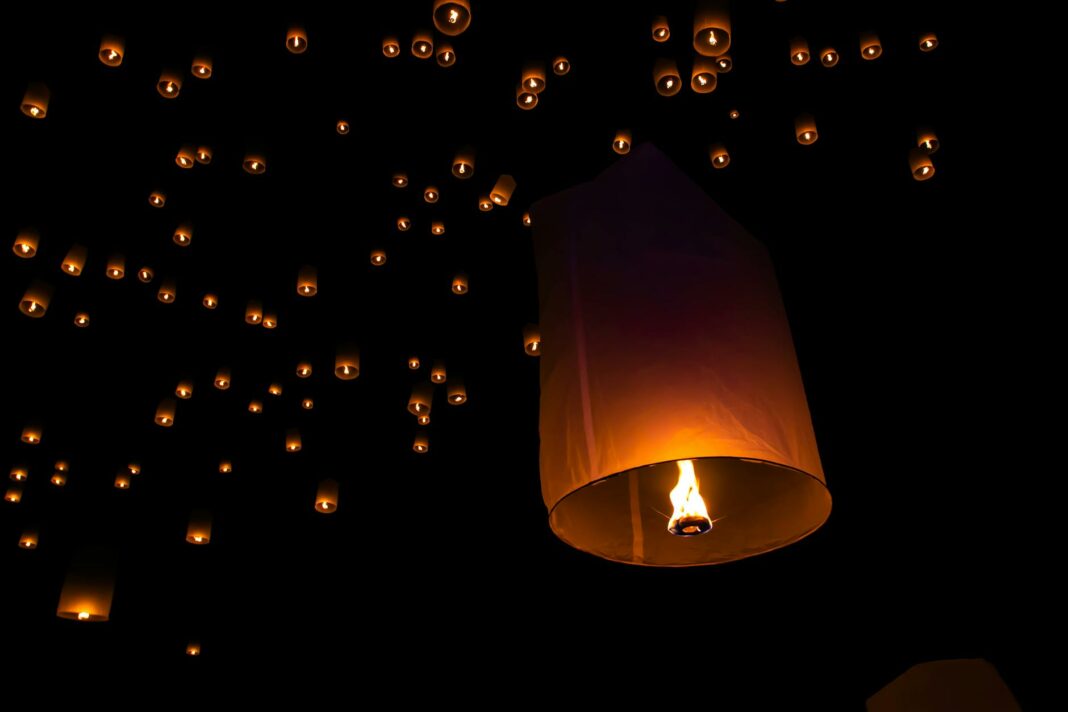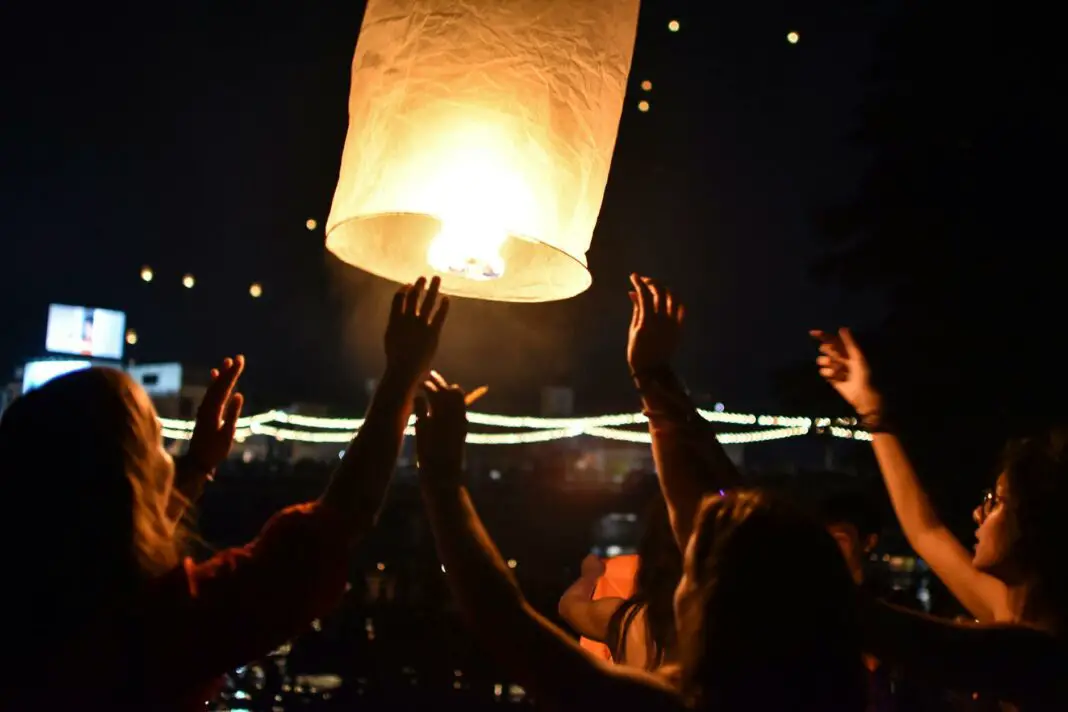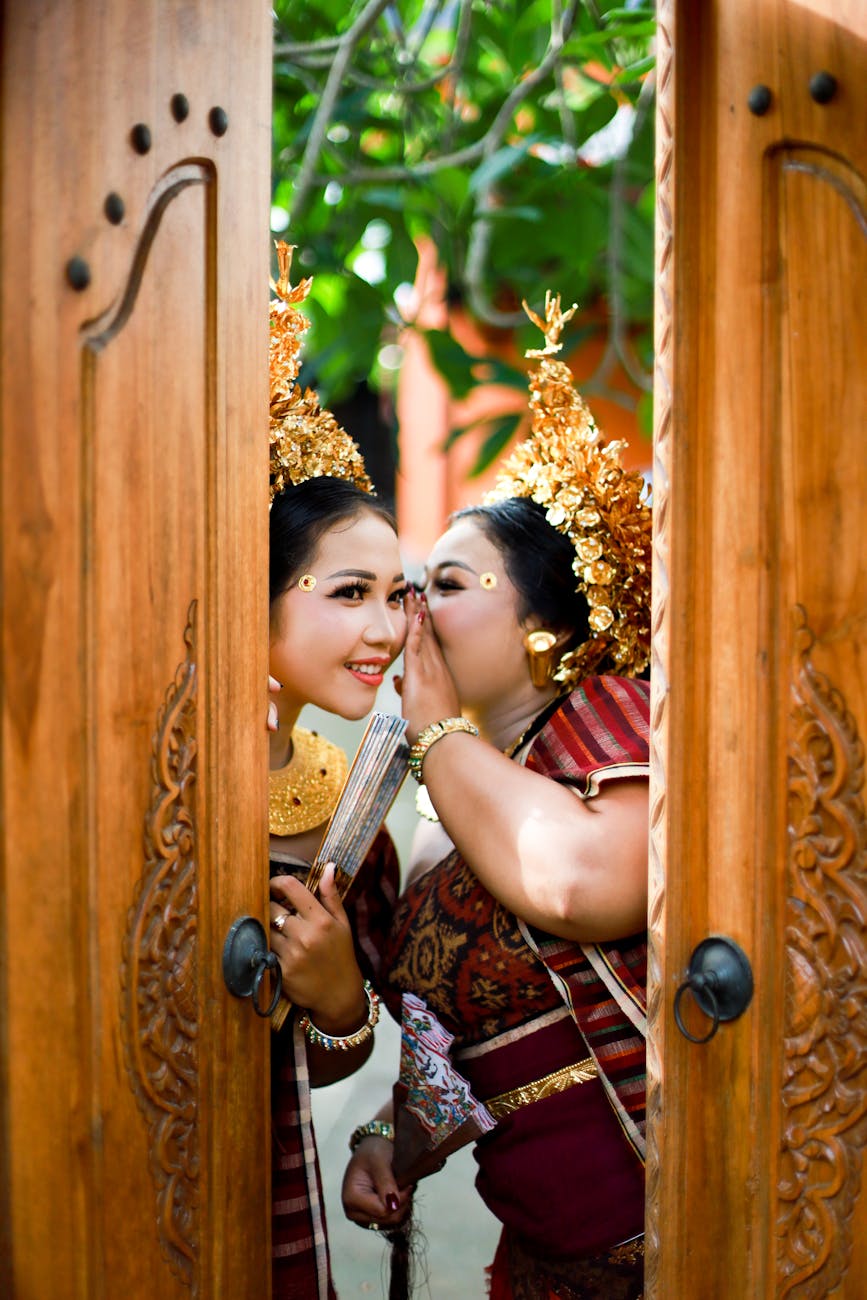Embarking on a trip to Thailand is an exhilarating experience that immerses travelers in a vibrant tapestry of culture, history, and breathtaking landscapes. One of the most captivating aspects of this enchanting country is its rich array of festivals. From colorful parades to traditional ceremonies, Thailand’s festivals embody the spirit of its people and their unwavering reverence for traditions. This blog post will unveil the secrets behind Thailand’s most enchanting festivals, providing you with a deeper understanding of what makes each event a must-see when visiting.
As you delve into the essence of these celebrations, prepare to be transported into a world where tradition meets modernity, and where locals welcome you with open arms. Every festival offers a unique glimpse into the heart and soul of Thai culture, leaving an indelible mark on every visitor. Uncover the magic hidden within these festivities and discover how they play a crucial role in shaping Thailand’s identity.
Table of Contents
- Songkran: The Water Festival
- Loy Krathong: The Lantern Festival
- Phi Ta Khon: The Ghost Festival
- Vegetarian Festival: A Culinary Journey
- Embrace the Festive Spirit of Thailand
- Frequently Asked Questions
Songkran: The Water Festival
Regarded as one of the most exhilarating celebrations, Songkran marks the Thai New Year and is celebrated with a lively splash of water. Traditionally observed from April 13 to April 15, this festival holds a deeper meaning, representing purification and renewal. The act of pouring water over Buddha statues in temples symbolizes the washing away of sins and bad luck, while also honoring elders and family members through gentle water pouring. This practice has transformed over time into an all-out water fight within cities like Bangkok and Chiang Mai, becoming a highlight for both locals and tourists.
Imagine walking through the streets, with vibrant music filling the air and the infectious laughter of revelers all around you. Armed with water guns and buckets, participants engage in playful battles, creating an atmosphere of joyous celebration and community spirit. In addition to the water traditions, you will find cultural performances showcasing traditional Thai dance and music, offering a glimpse into the rich cultural heritage of Thailand. Don’t forget to try local delicacies at street vendors that line the streets, making every moment of your celebration a feast for the senses.
Loy Krathong: The Lantern Festival
Loy Krathong, celebrated on the full moon of the twelfth lunar month, is a festival that evokes a sense of magic and wonder, usually observed in November. This event symbolizes letting go of past grievances, as locals create beautiful floating krathongs—baskets made of banana leaves, flowers, and candles—that they release into rivers and lakes. Each piece carries a prayer for forgiveness and wishes for the future. The sight of thousands of flickering lights gliding across the water is undeniably breathtaking, creating an unforgettable atmosphere that reflects profound serenity.
In addition to the floating krathongs, many cities host spectacular lantern displays, where elaborate lanterns soar into the night sky, adding to the awe and beauty of the evening. Participating in a lantern release offers an emotional connection to the festival, as well as an incredible photo opportunity. As you join in this stunning spectacle, you will discover how Loy Krathong fosters community bonding and deep-rooted cultural values, enlightening your experience in Thailand and inviting self-reflection beneath the luminous sky.
Phi Ta Khon: The Ghost Festival
Enter a world of vibrant costumes and mythical stories with Phi Ta Khon, a festival celebrated in the northeastern region of Thailand, particularly in Dan Sai, during the joyous Buddhist holiday of Bun Luang. This festival showcases an intriguing mix of folklore and creativity, where participants don elaborate ghost masks and costumes. The eerie yet colorful visuals reflect the unique customs that tie in with the local beliefs surrounding spirits and the importance of the harvest. This lively celebration typically occurs on the weekend of the full moon in June, and its playful spirit is infectious.
Throughout the event, festivities include parades featuring music, dance, and traditional games that invite participation from people of all ages. Legend has it that the festival originated from the tale of Buddha’s reincarnation and emphasizes the significance of the relationship between humans and spirits. As you navigate through the festivities, immerse yourself in the energy and warmth of the locals, who are eager to share their stories and experiences. This festival not only serves as a source of entertainment but also reveals the essence of Thai culture through its rich narratives blend with enjoyment and community spirit.
Vegetarian Festival: A Culinary Journey
Proclaimed as one of the most unique culinary experiences in Thailand, the Vegetarian Festival takes place annually in October, primarily in Phuket and surrounding areas. This event lasts for nine days and is steeped in Chinese cultural heritage, celebrating purity and spiritual rejuvenation. During this time, countless local restaurants and street vendors offer a tantalizing array of vegetarian dishes that are both delicious and innovative. It’s a food lover’s paradise where flavors blossom, and culinary creativity knows no bounds.
An integral aspect of this festival is its spiritual connection, as participants often observe strict dietary restrictions and engage in various rituals believed to bring good fortune and health. Spectacular parades featuring elaborately decorated floats and performers, often engaging in trance-like states, create a mesmerizing atmosphere that blends food and spirituality. Whether you’re indulging in mouthwatering spring rolls or savoring delectable tofu dishes, this festival is guaranteed to stimulate your taste buds and inspire your culinary adventures throughout your travels in Thailand.
Embrace the Festive Spirit of Thailand
Experiencing the myriad festivals of Thailand provides profound insights into the culture, traditions, and values of this magnificent country. Each event, rich with history and vibrant energy, serves as a reminder of the unbreakable ties between the Thai people and their heritage. Whether splashing water at Songkran, lighting up the night sky during Loy Krathong, reveling in the whimsical nature of Phi Ta Khon, or indulging in delicious vegetarian fare, each celebration offers an opportunity to connect deeply with local customs and community spirit.
These festivals showcase Thailand at its finest, providing travelers with unforgettable memories and encouraging a peaceful coexistence with the local populace. By embracing the festive spirit of Thailand, you not only enrich your travel experience but also foster a greater appreciation for the beautiful diversity that this enchanting country has to offer.
Frequently Asked Questions
1. When is the best time to experience Thai festivals?
The best time to witness Thai festivals is during the dry season from November to February, with major festivals like Songkran and Loy Krathong occurring during this period.
2. Are there any special customs to follow while attending these festivals?
Yes, it’s essential to respect local customs, such as dressing modestly when visiting temples and being mindful of local traditions and practices during the festivals.
3. Can tourists participate in these festivals?
Absolutely! Most festivals warmly welcome tourists, and participating offers a unique opportunity to engage with the local culture while creating lasting memories.
4. What festivals are suitable for families with children?
Festivals like Loy Krathong and Songkran are particularly family-friendly, as they involve engaging activities like lantern releases and water fights that children will surely enjoy.
5. How can I plan my trip around these festivals?
To plan your trip, research the specific dates for each festival and book accommodations in advance, ensuring you can fully immerse yourself in the celebrations.
Image Credit: Pexels





